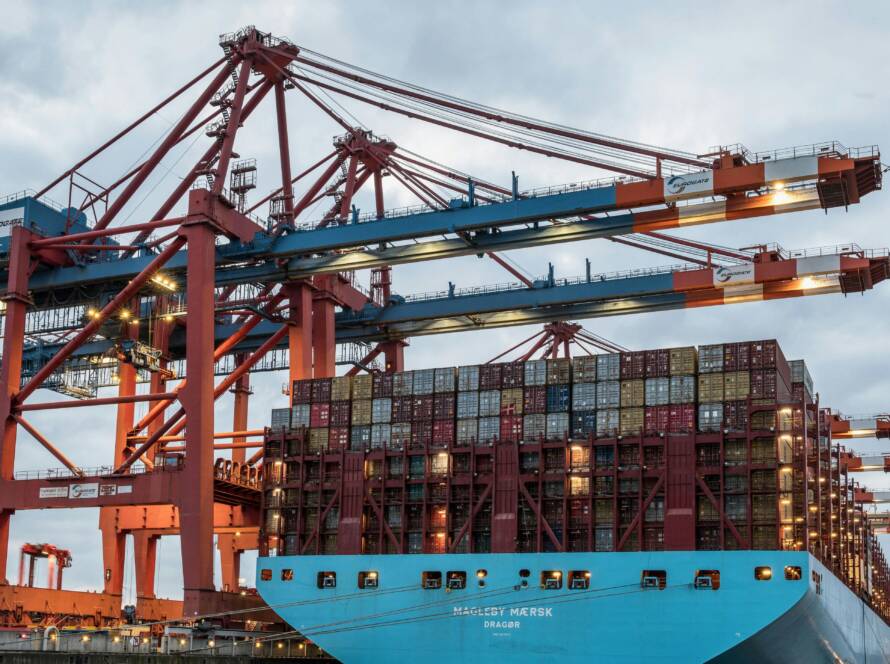In recent years, there has been a notable shift towards plant-based plastics as companies increasingly prioritize sustainability. This article explores the rising popularity of plant-based plastics, their environmental benefits, challenges, and the future outlook for this innovative approach to packaging and manufacturing.
Understanding Plant-Based Plastics
Definition and Composition
Plant-based plastics, also known as bio-plastics, are derived from renewable biomass sources such as corn, sugarcane, or vegetable oils. Unlike traditional plastics made from fossil fuels, these materials offer a more sustainable alternative by utilizing natural resources that can be replenished.
Environmental Benefits
Reduced Carbon Footprint
One of the primary advantages of plant-based plastics is their lower carbon footprint compared to conventional plastics. They emit fewer greenhouse gases during production and decompose more readily, reducing environmental impact.
Biodegradability and Compostability
Many plant-based plastics are biodegradable and compostable, offering end-of-life solutions that minimize waste and pollution. They break down into natural components without leaving behind harmful residues, supporting circular economy principles.
Factors Driving Popularity
Corporate Sustainability Goals
Companies are increasingly adopting plant-based plastics as part of their sustainability strategies. Driven by consumer demand and regulatory pressures, businesses seek to reduce their environmental footprint and enhance their corporate social responsibility (CSR) profiles.
Consumer Preference for Sustainable Products
Consumers are becoming more environmentally conscious and prefer products and packaging that align with their values. Plant-based plastics appeal to eco-conscious consumers seeking sustainable alternatives to traditional plastics.
Regulatory Support and Incentives
Governments and regulatory bodies are promoting the use of bio-based materials through policies, incentives, and mandates. These initiatives encourage industries to invest in sustainable practices and technologies, driving adoption of plant-based plastics.
Challenges and Innovations
Cost Considerations
Cost competitiveness remains a significant challenge for plant-based plastics. Higher production costs compared to traditional plastics can deter widespread adoption, despite long-term environmental benefits.
Technological Advancements
Ongoing research and development efforts aim to improve the efficiency and cost-effectiveness of plant-based plastic production. Innovations in bioengineering and material science are enhancing the performance and scalability of these materials.
Infrastructure and Recycling Infrastructure
Infrastructure for processing and recycling plant-based plastics is still developing. Efforts to expand composting facilities and improve recycling technologies are essential to maximize the sustainability benefits of these materials.
Future Outlook
Growth Potential in Packaging and Manufacturing
The market for plant-based plastics is poised for significant growth. Advancements in technology, increasing consumer awareness, and regulatory support will drive expansion across various industries, including packaging, automotive, and consumer goods.
Innovation and Collaboration
Collaboration across sectors is critical for advancing plant-based plastics. Partnerships between companies, research institutions, and governments will accelerate innovation and overcome technical and economic barriers.
Education and Awareness
Educating consumers and businesses about the benefits of plant-based plastics is essential. Raising awareness about their environmental impact and promoting sustainable consumption practices will foster broader adoption and support.
Towards a Sustainable Future
Plant-based plastics represent a promising avenue for reducing plastic pollution, conserving natural resources, and mitigating climate change. As companies increasingly prioritize sustainability, the rise of plant-based plastics signifies a positive shift towards more eco-friendly practices in packaging and manufacturing.





